VMware joins hand with Nvidia on AI-powered hybrid cloud platform
By MYBRANDBOOK
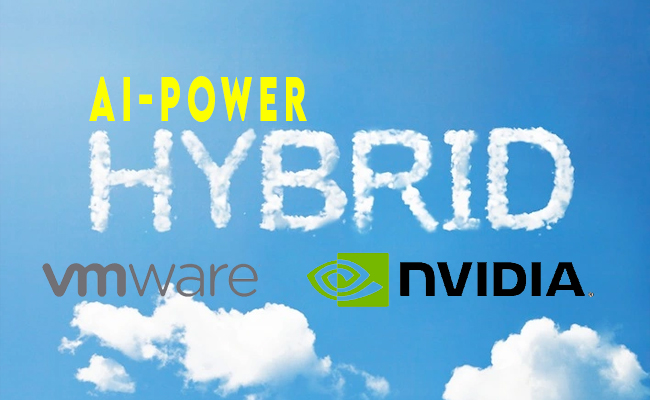
VMWare has announced of partnering with Nvidia. The company has said that its Cloud Foundation (VCF) 4.4 platform is now generally available for enterprises, and it contains Nvidia’s own AI Enterprise Suite. This consists of pre-built sets of AI software, pre-trained models, and other tools that data scientists can use to create and deploy next-gen apps.
This is all to be deployed in a full-stack, hyper-converged infrastructure as a hybrid cloud platform, currently the most popular option in the world of cloud computing.
With this integration of platforms, VMware claims that VCF 4.4 brings improved AI and ML workload support and the capability to share virtual GPU’s — a relatively recent advancement — across multiple instances.
The two companies have been working as partners for more than two years, and this cohabitation in a single platform is the most important result to date of that business deal.
Additional notable new features in VCF 4.4 for developers include the following:
· Flexible vRealize product upgrades
· Upgrade precheck improvements
· Disabling SSH on ESXi hosts
· User activity logging
· Multiple security fixes
In VCF 4.4, the integration of the Nvidia’s and VMware’s software suites makes it possible to deliver Kubernetes clusters to AI developer teams at a rapid pace while still enabling enterprise-class governance, reliability, and security within VMware vSphere with Tanzu environments. For enterprises implementing AI/ML (machine learning) infrastructure, the combination enables business outcomes without creating friction between IT operations and lines of business.
Rick Walsworth, Group Manager for the VMware Cloud Foundation Product Marketing team, wrote in a blog post, “The challenge for many organizations architecting AI infrastructure into their overall technology stack is the complexity associated with it. Traditionally, AI technology hasn’t integrated seamlessly into existing IT stacks and operational processes. This is compounded by the fact that data scientists typically want to experiment quickly, configuring and reconfiguring clusters to get to their desired outcome.”


Legal Battle Over IT Act Intensifies Amid Musk’s India Plans
The outcome of the legal dispute between X Corp and the Indian government c...

Wipro inks 10-year deal with Phoenix Group's ReAssure UK worth
The agreement, executed through Wipro and its 100% subsidiary,...

Centre announces that DPDP Rules nearing Finalisation by April
The government seeks to refine the rules for robust data protection, ensuri...

Home Ministry cracks down on PoS agents in digital arrest scam
Digital arrest scams are a growing cybercrime where victims are coerced or ...


ICONS OF INDIA : SUNIL VACHANI
Sunil Vachani is the Chairman of Dixon Technologies (India) Ltd. Under...

ICONS OF INDIA : VIJAY SHEKHAR SHARMA
Vijay Shekhar Sharma is an Indian technology entrepreneur and multimil...

ICONS OF INDIA : RAJIV MEMANI
As Chair of the EY Global Emerging Markets Committee, Rajiv connects e...


GSTN - Goods and Services Tax Network
GSTN provides shared IT infrastructure and service to both central and...
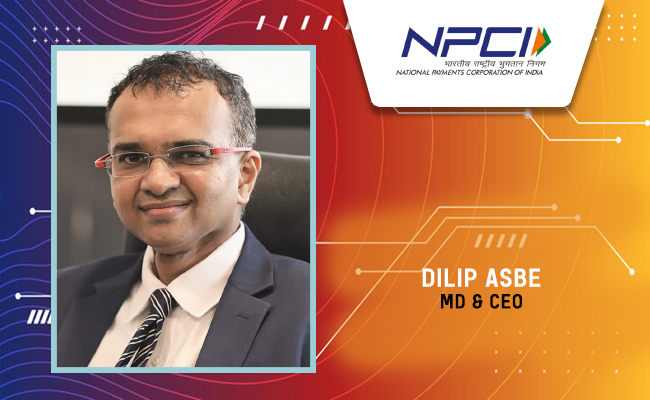
NPCI - National Payments Corporation of India
NPCI is an umbrella organization for operating retail payments and set...

ECIL - Electronics Corporation of India Limited
ECIL is distinguished by its diverse technological capabilities and it...

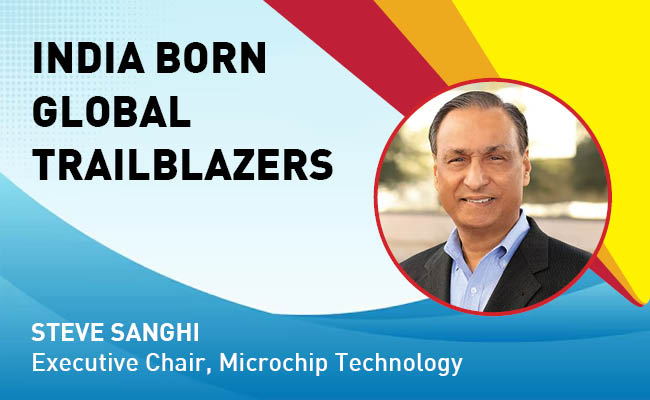
Indian Tech Talent Excelling The Tech World - Steve Sanghi, Executive Chair, Microchip
Steve Sanghi, the Executive Chair of Microchip Technology, has been a ...
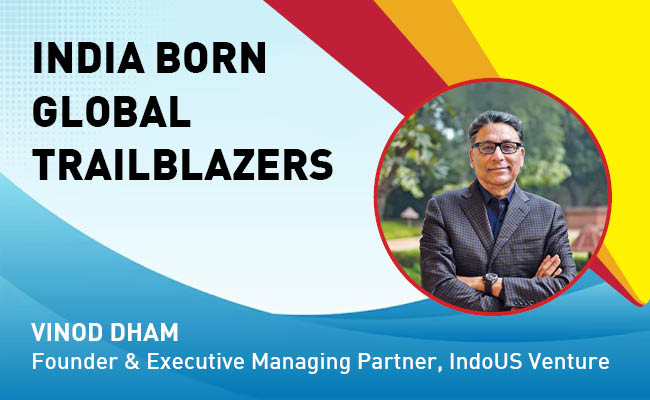
Indian Tech Talent Excelling The Tech World - Vinod Dham, Founder & Executive Managing Partner, IndoUS Venture Partners
Vinod Dham, known as the “Father of the Pentium Chip,” has left an...
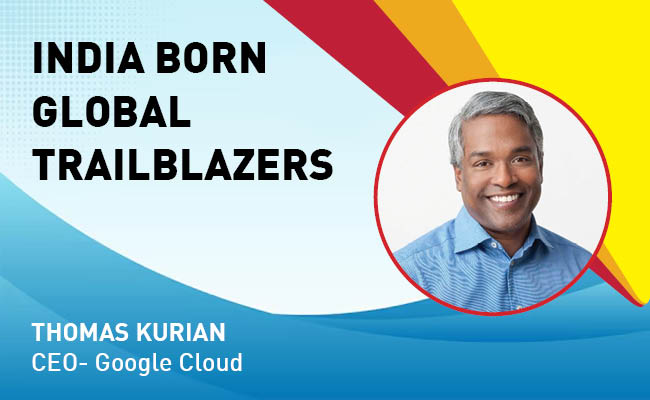
Indian Tech Talent Excelling The Tech World - Thomas Kurian, CEO- Google Cloud
Thomas Kurian, the CEO of Google Cloud, has been instrumental in expan...
 of images belongs to the respective copyright holders
of images belongs to the respective copyright holders